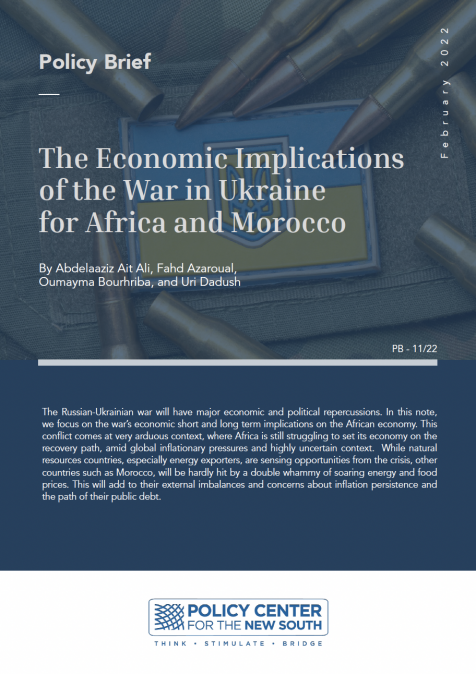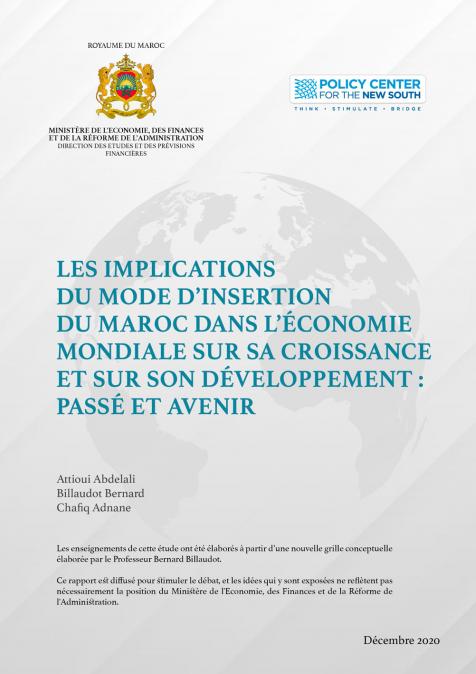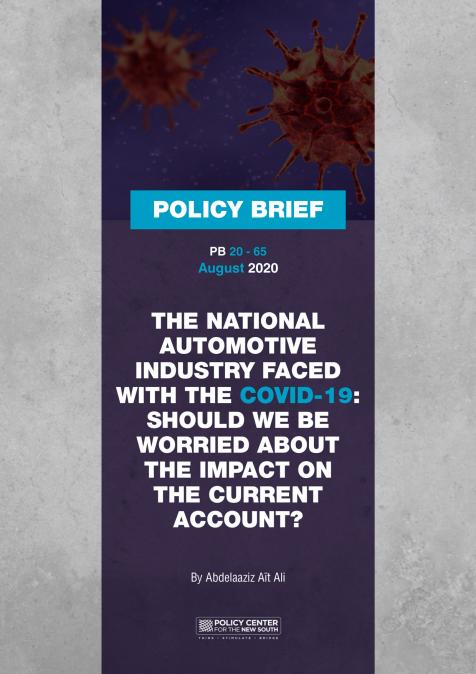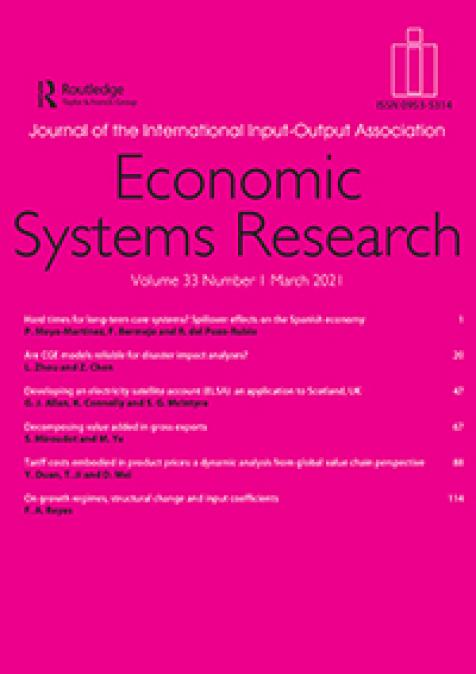Publications /
Research Paper
The debate on global value chains (GVCs) has emphasized countries’ contributions to value-added creation. From an intercountry perspective, a new body of research is addingto this debate by studying how subnational regions contribute to the indicators in specific countries. Proper assessment of economic contributions is essential for designing incentive policies. This paper analyzes the role played by the main trading partners of Moroccan regions in local value chains. We use input-output (IO) analysis to decompose regional value-added in Morocco, based on different sources of domestic and foreign final demand, taking into account the differences in regional economic structures and the nature of systematic interdependence associated with the structure of inter-regional linkages in Morocco. For each final demand originating from and into one of the Moroccan regions, we estimate measures of trade in value-added (TiVA). The output decomposition of final demand into domestic and foreign demand, where the latter is broken down into the final demand from each trading partner, serves as the methodological anchor for the study. We use the inter-regional input-output table for Morocco with 2019 data. The measures of trade in value-added reveal different inter-regional and international trade integration hierarchies, with implications for regional inequality in the country. We try to answer two main questions. First, how do domestic absorption and foreign exports affect value-added generation in Moroccan regions? Second, what is the regional value-added content incorporated in the components of final demand by geographical source?










